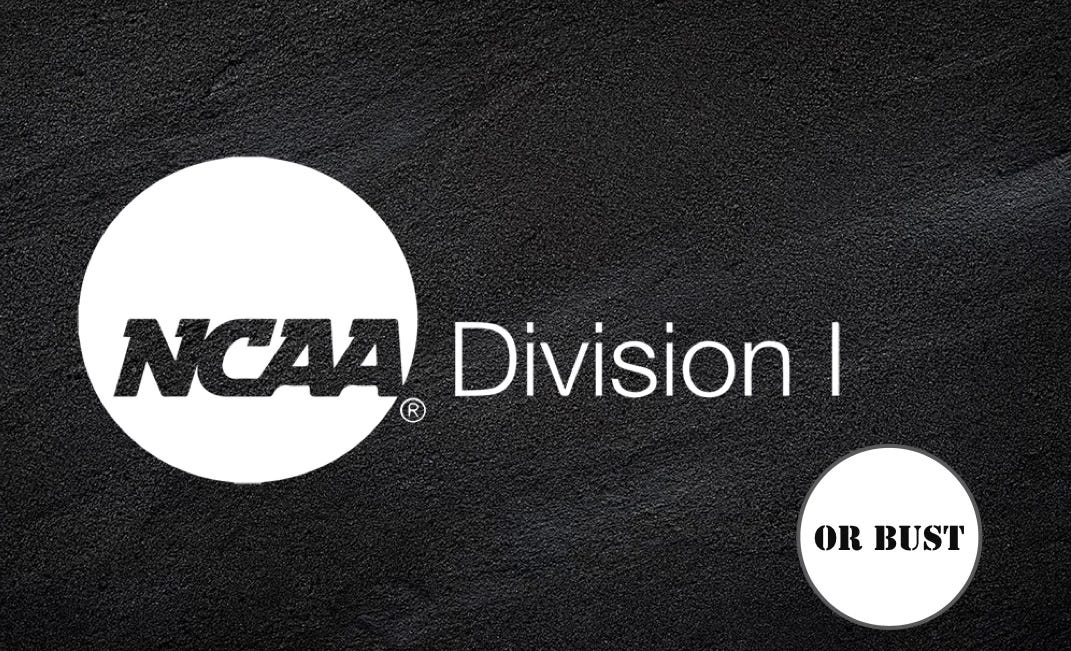The sentiment that social media can make aspiring athletes feel inadequate if they don't reach Division I (D1) basketball status is a poignant reflection of today's digital landscape's impact on self-perception and ambition. The pervasive nature of social media platforms, where highlights, commitments, and personal achievements are regularly showcased, can indeed create a skewed perspective of success, particularly for young athletes. This narrative is not just about basketball; it's about the broader implications of social media on aspirations and self-worth.
The Spotlight Effect
Social media magnifies successes to the extent that anything less than the highest achievement can feel like a failure. For young athletes, this can mean that not making it to a D1 college team, despite being an extraordinary accomplishment in itself, might not feel enough. This "spotlight effect" creates a distorted reality where the achievements of the few are perceived as the norm, overshadowing the vast majority who follow different paths but are equally deserving of recognition and pride.
The Pressure Cooker
The constant exposure to peers' successes can turn social media into a pressure cooker for young athletes. The journey to D1 basketball is incredibly competitive, with only a fraction of high school players making it to that level. The intense focus on this narrow definition of success ignores the multitude of paths to personal and athletic development, including D2, D3, NAIA, or even international opportunities, each offering unique experiences and growth potential.
Redefining Success
There's a growing need to redefine what success looks like in the context of youth sports and social media. Success can be multifaceted, encompassing personal growth, teamwork, overcoming adversity, and academic achievements alongside athletic prowess. Highlighting these varied aspects of success could help mitigate the sense of inadequacy that comes from not achieving the singular goal of D1 recruitment.
The Role of Mentors
Coaches, parents, and mentors play a crucial role in shaping young athletes' perceptions of success and failure. Encouraging a broader understanding of success, focusing on effort, improvement, and personal bests rather than just outcomes, can help mitigate the negative impacts of social media. This includes celebrating the journey, the hard work, and the dedication it takes to compete at any level of sport.
Navigating Social Media Wisely
For athletes navigating the turbulent waters of social media, developing a healthy relationship with these platforms is key. This means engaging with content that inspires and motivates rather than induces comparison, focusing on personal progress, and using social media as a tool for positive connections and learning rather than a yardstick for success.
Conclusion
The pressure to achieve D1 status in basketball, amplified by social media, underscores a broader challenge in our digital age: the need to manage expectations and redefine success in more inclusive and personalized terms. By acknowledging the wide spectrum of achievements and paths in sports and life, we can foster a more supportive and realistic perspective that celebrates all forms of success, helping young athletes to appreciate their own journeys, irrespective of the destination.


